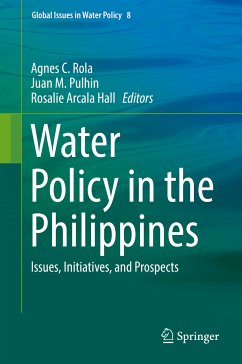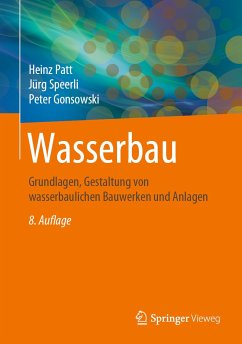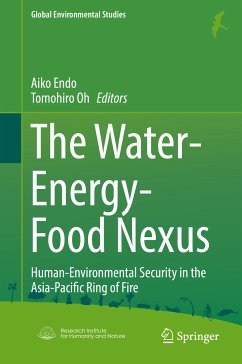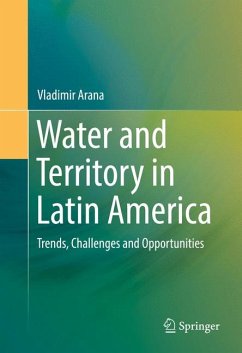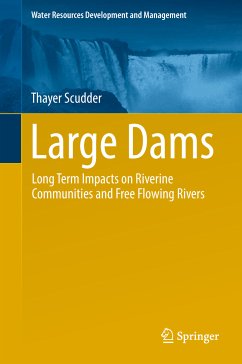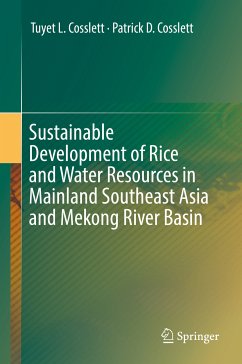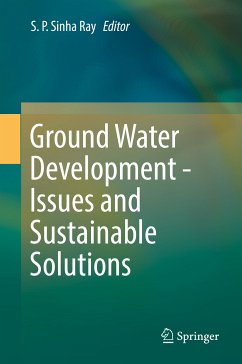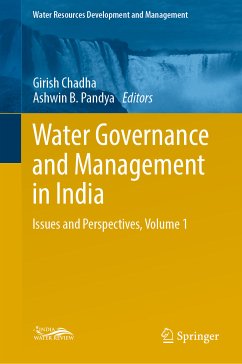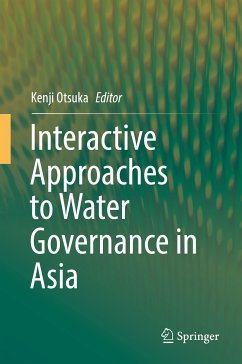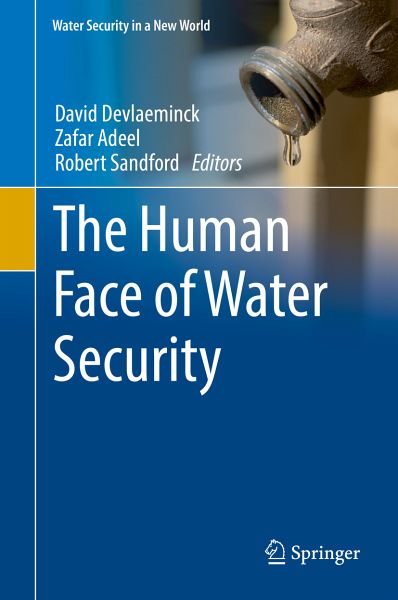
The Human Face of Water Security (eBook, PDF)
Versandkostenfrei!
Sofort per Download lieferbar
80,95 €
inkl. MwSt.
Weitere Ausgaben:

PAYBACK Punkte
40 °P sammeln!
This volume collects essays from academics and practitioners from a diversity of areas and perspectives in order to discuss water security at various levels and to illuminate the central idea of water security: its focus on the individual. Beginning with the big picture, this book aims to illustrate the depth of the water security crisis and its interconnections with other aspects of societal development. It particularly draws a connection to the 2030 Agenda for Sustainable Development, and discusses that challenges faced in meeting the 17 sustainability development goals (SDG) by the year 203...
This volume collects essays from academics and practitioners from a diversity of areas and perspectives in order to discuss water security at various levels and to illuminate the central idea of water security: its focus on the individual. Beginning with the big picture, this book aims to illustrate the depth of the water security crisis and its interconnections with other aspects of societal development. It particularly draws a connection to the 2030 Agenda for Sustainable Development, and discusses that challenges faced in meeting the 17 sustainability development goals (SDG) by the year 2030. Moving from international to domestic and community perspectives, this book provides a unique analysis of issues and solutions to the water issues we face today in light of the ever looming global changes brought on by climate change.
Over the past few decades the recognition of our common need for water has increased, as policymakers have sought to place more focus on the individual within policy. After the recognition of water and sanitation as a fundamental human right by the United Nations General Assembly in 2010, there is increasing recognition of the individual as the building block for the struggle for water security. This reality also intersects with adverse impacts of global climate change, and the book responds to the broader question: will clean and safe water be available where we need it and when we need it in the future?
Over the past few decades the recognition of our common need for water has increased, as policymakers have sought to place more focus on the individual within policy. After the recognition of water and sanitation as a fundamental human right by the United Nations General Assembly in 2010, there is increasing recognition of the individual as the building block for the struggle for water security. This reality also intersects with adverse impacts of global climate change, and the book responds to the broader question: will clean and safe water be available where we need it and when we need it in the future?
Dieser Download kann aus rechtlichen Gründen nur mit Rechnungsadresse in A, B, BG, CY, CZ, D, DK, EW, E, FIN, F, GR, HR, H, IRL, I, LT, L, LR, M, NL, PL, P, R, S, SLO, SK ausgeliefert werden.



